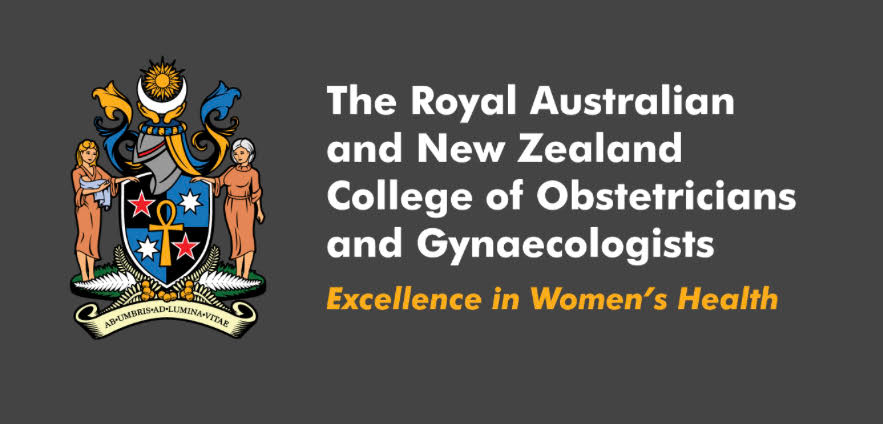

NIPT is a blood test performed on pregnant women to screen for chromosomal abnormalities in the baby. It can be performed any time after 10 weeks of pregnancy.
The test relies on the release of small amounts of the baby’s DNA into the mother’s circulation via the placenta. This means it is highly accurate, with an ability to pick up over 99% of babies with Down Syndrome – which is where the baby has an extra chromosome 21 (Trisomy 21). It will also diagnose babies with trisomy 13, 18 and sex chromosomal problems as well as the baby’s gender.
Down Syndrome is the most common chromosomal anomaly, with a greater risk as the mother’s age increases. At age 40, the incidence is just over 1%.
What are some of the issues with NIPT?
- Cost – currently there is no Medicare rebate and the cost is around $440.00 out of pocket.
- It can take up to seven working days to get a result, so be patient.
- False positives occur very rarely, however if a false positive result occurs, then further testing such as an amniocentesis is required. This is where a needle is passed through the mother’s abdomen to draw fluid from around the baby. An amniocentesis cannot occur until 15 weeks of pregnancy and there is a rare risk of miscarriage from the procedure.
- In rare circumstances, no result will be achieved and other screening options may be used such as nuchal translucency ultrasound.




